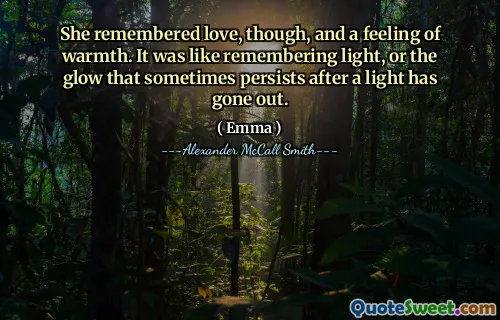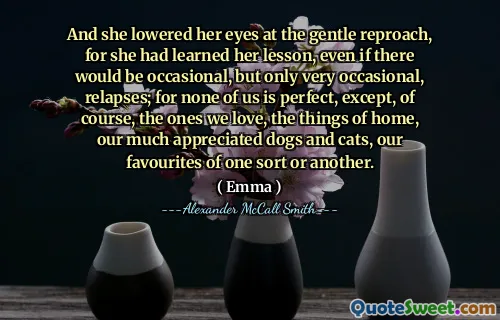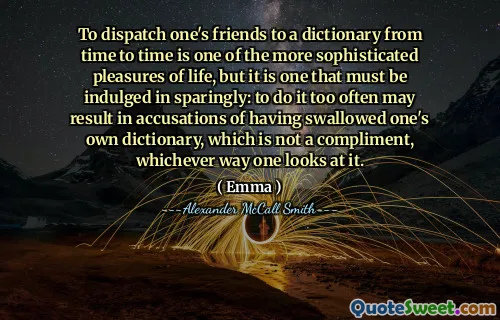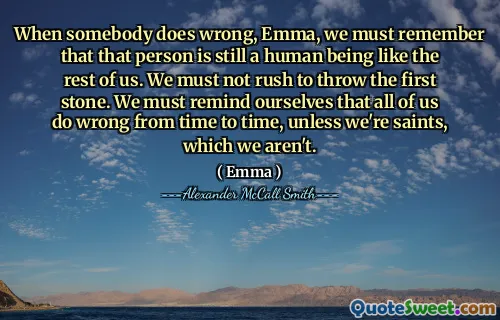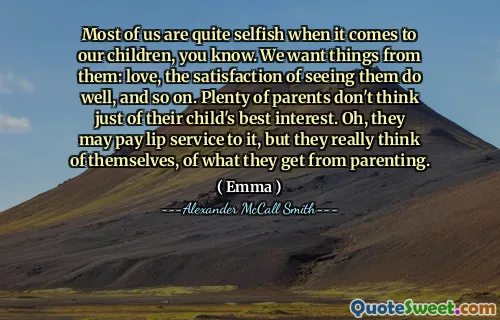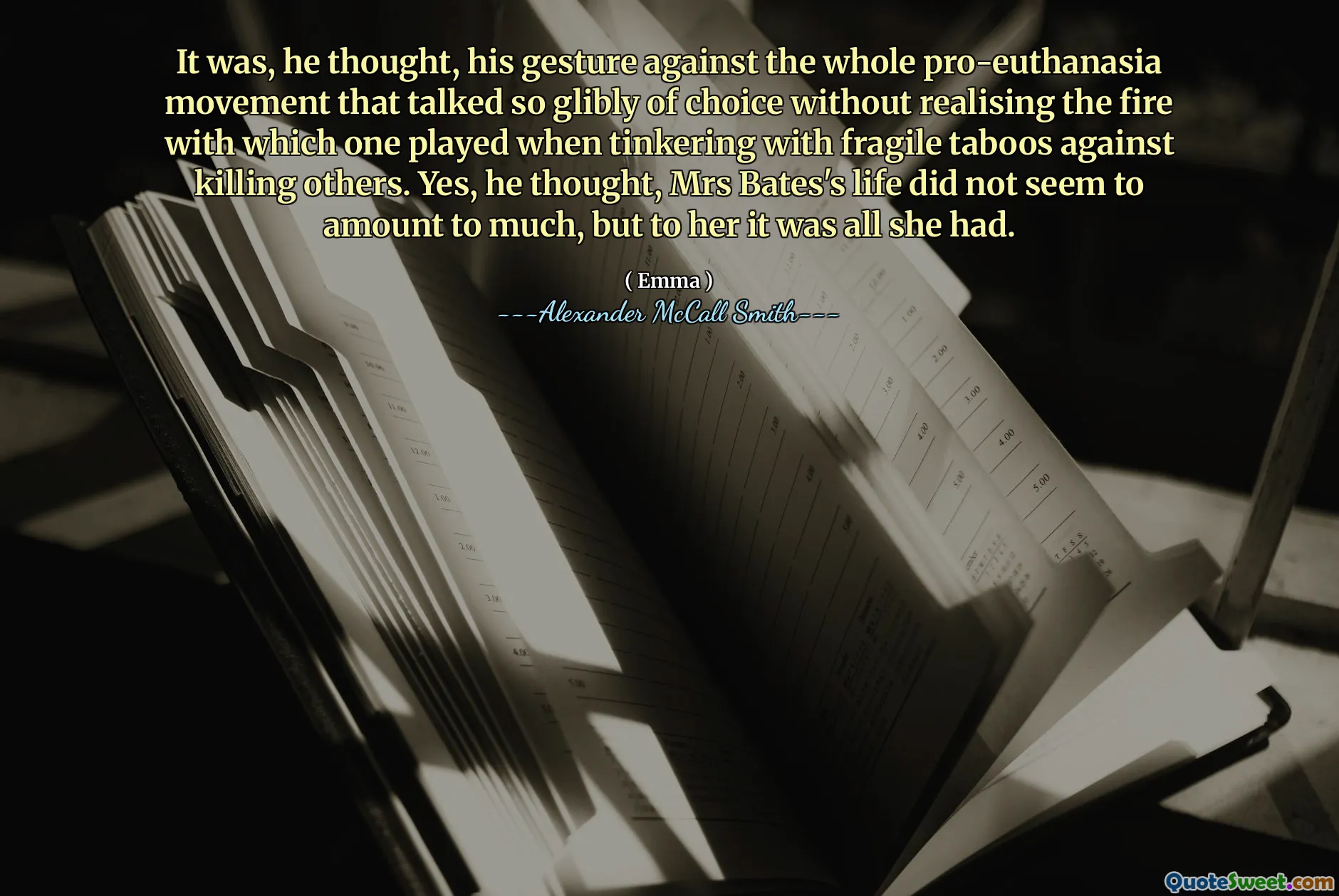
It was, he thought, his gesture against the whole pro-euthanasia movement that talked so glibly of choice without realising the fire with which one played when tinkering with fragile taboos against killing others. Yes, he thought, Mrs Bates's life did not seem to amount to much, but to her it was all she had.
In the given quote, the character reflects on the implications of the pro-euthanasia movement, emphasizing the importance of recognizing the weight of life and death decisions. He considers that while Mrs. Bates's life may not appear significant to others, it holds immense value for her, highlighting the need for sensitivity toward the fragility of human life and the societal taboos surrounding it. This contemplation serves as a critique of the idea of choice in euthanasia, urging a deeper understanding of the consequences that accompany such choices. The character's thoughts underscore a broader ethical consideration—questioning whether the notion of choice truly accommodates the complexities of life and the deep connections that individuals have to their own existence.
In the given quote, the character reflects on the implications of the pro-euthanasia movement, emphasizing the importance of recognizing the weight of life and death decisions. He considers that while Mrs. Bates's life may not appear significant to others, it holds immense value for her, highlighting the need for sensitivity toward the fragility of human life and the societal taboos surrounding it.
This contemplation serves as a critique of the idea of choice in euthanasia, urging a deeper understanding of the consequences that accompany such choices. The character’s thoughts underscore a broader ethical consideration—questioning whether the notion of choice truly accommodates the complexities of life and the deep connections that individuals have to their own existence.
